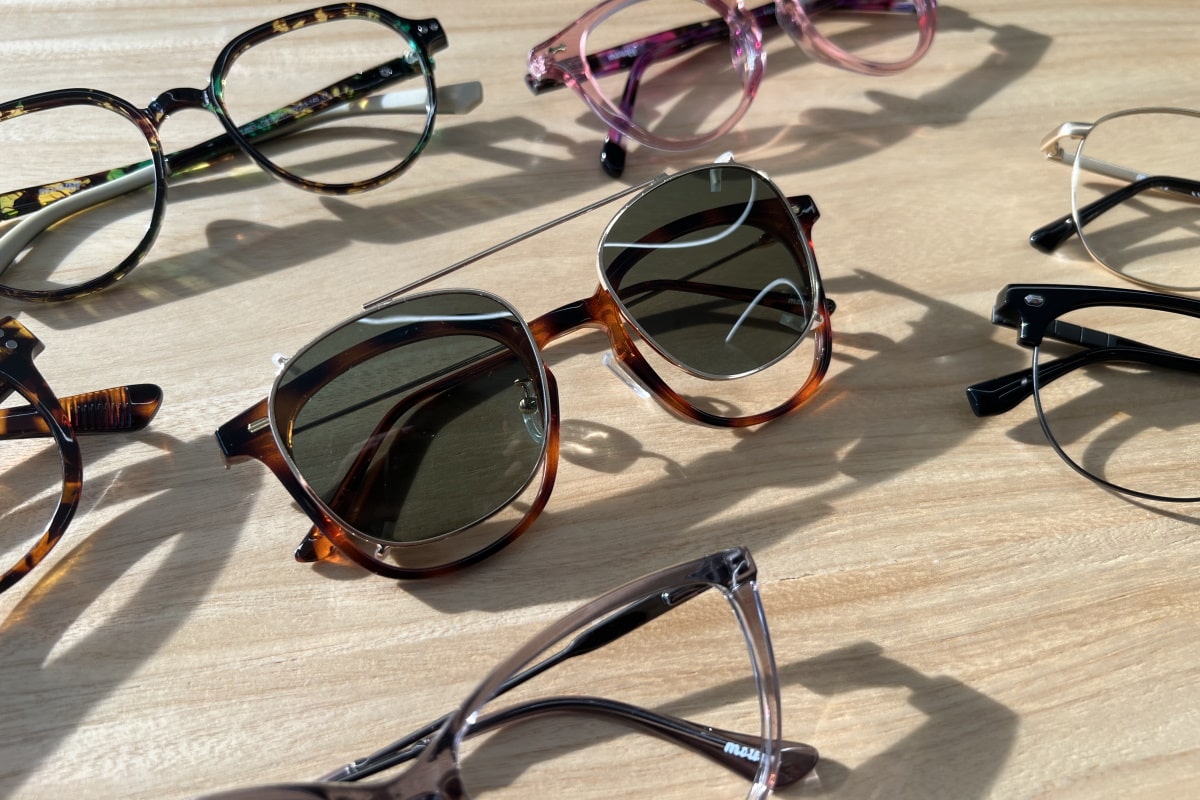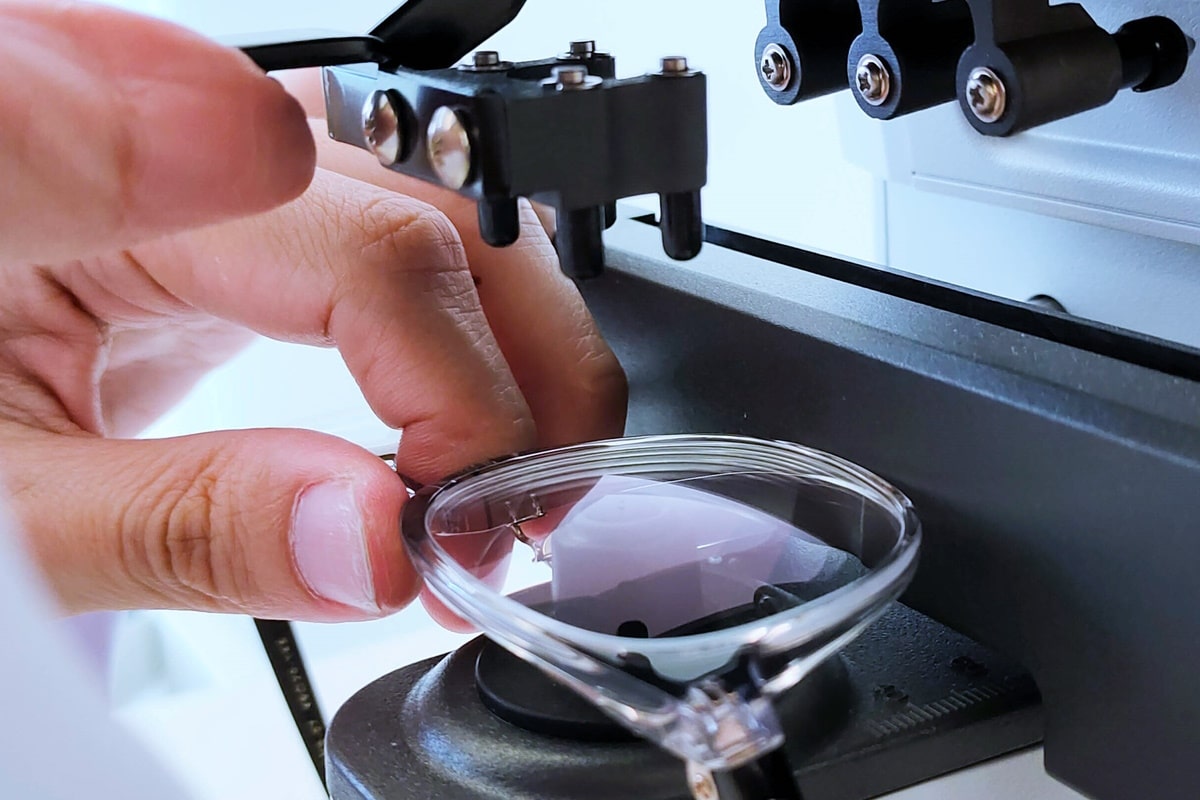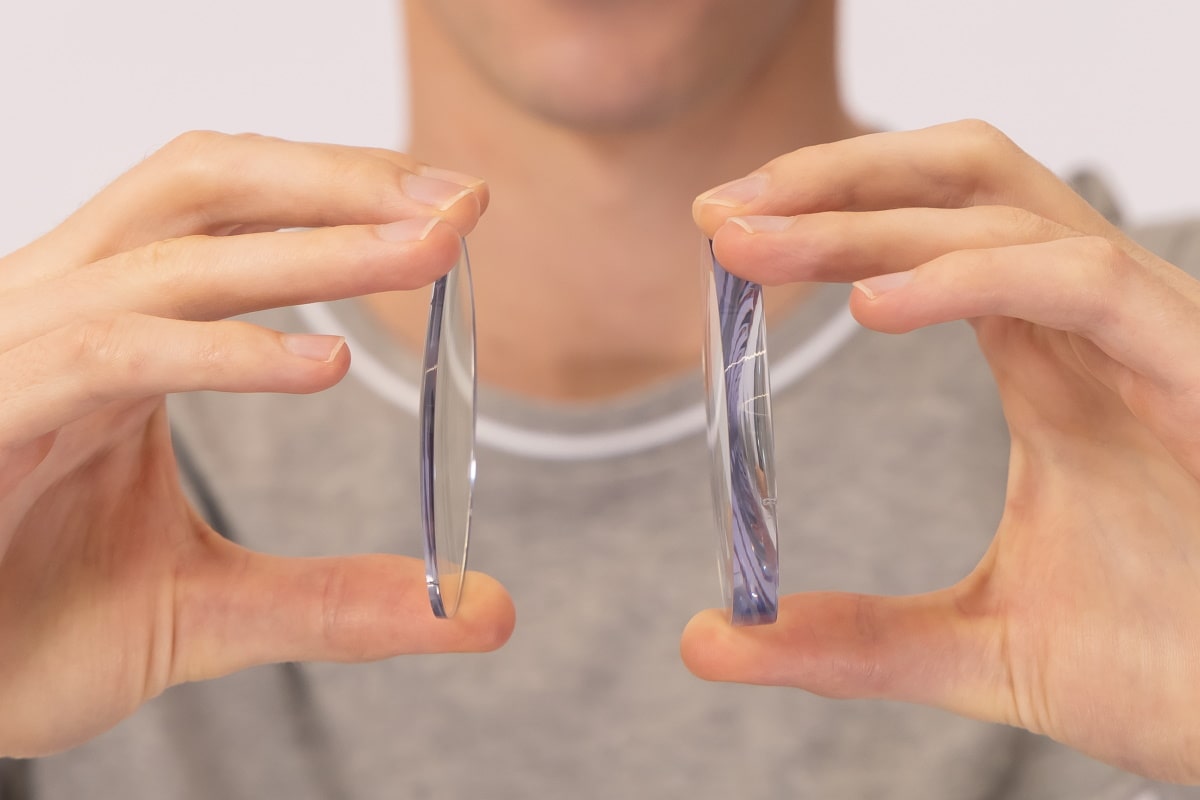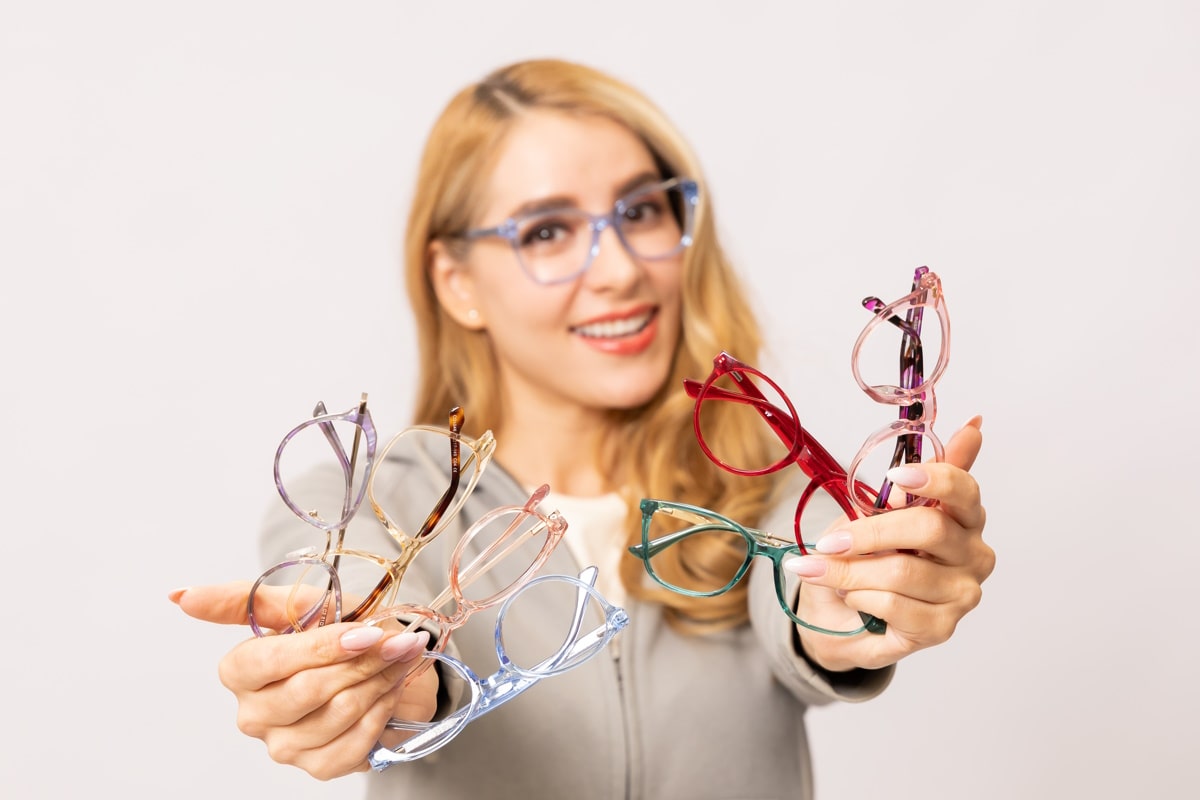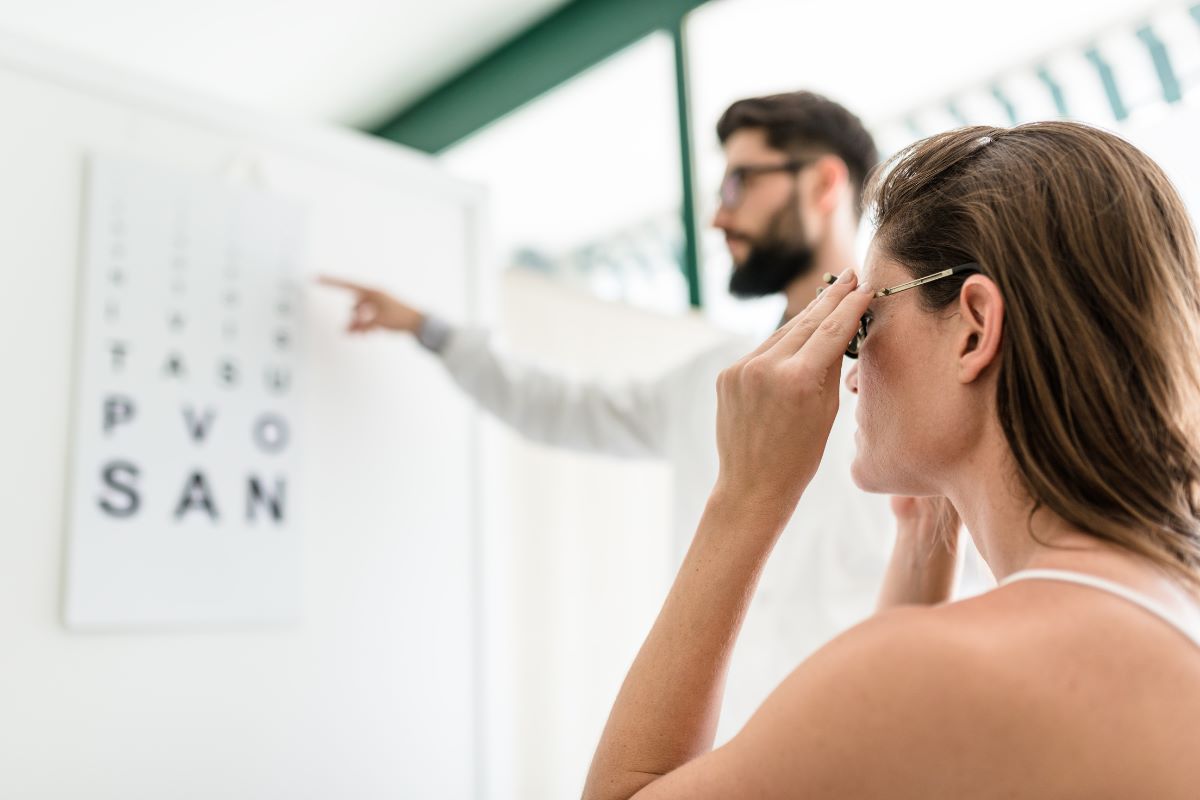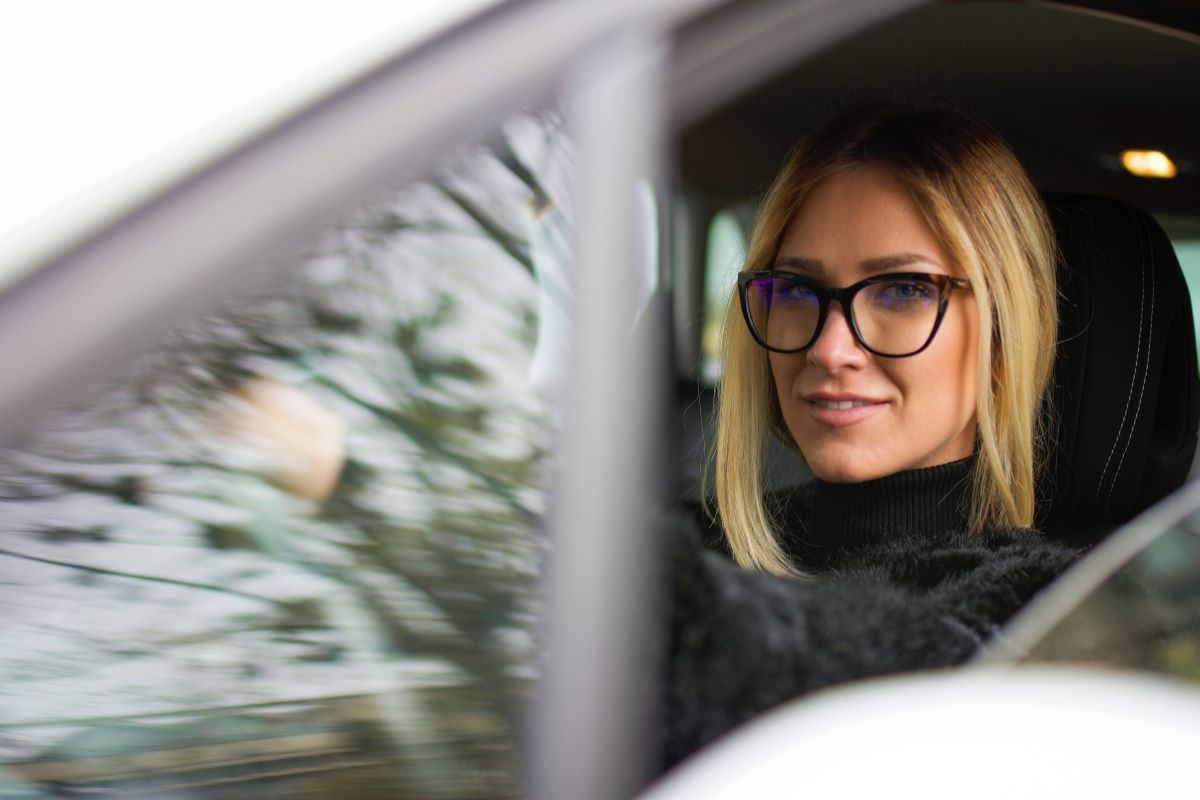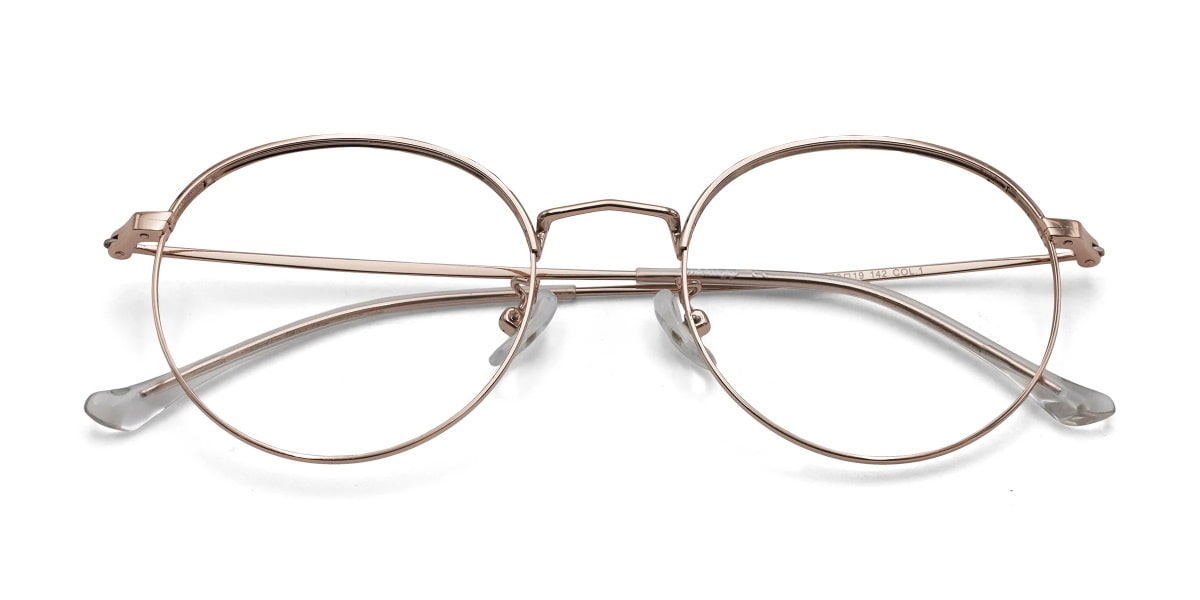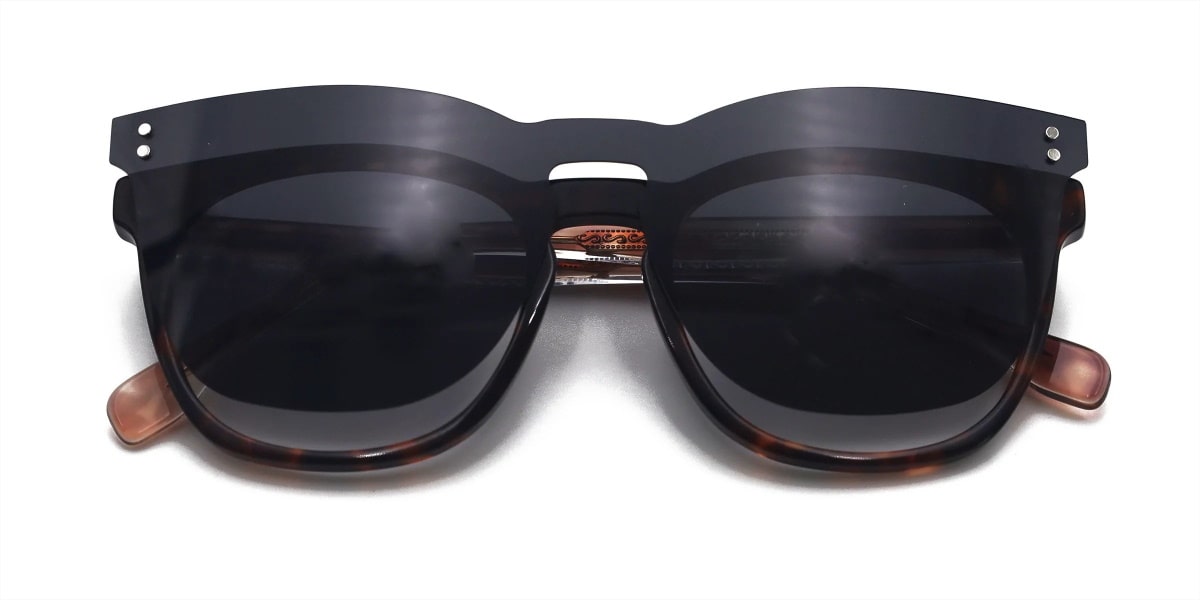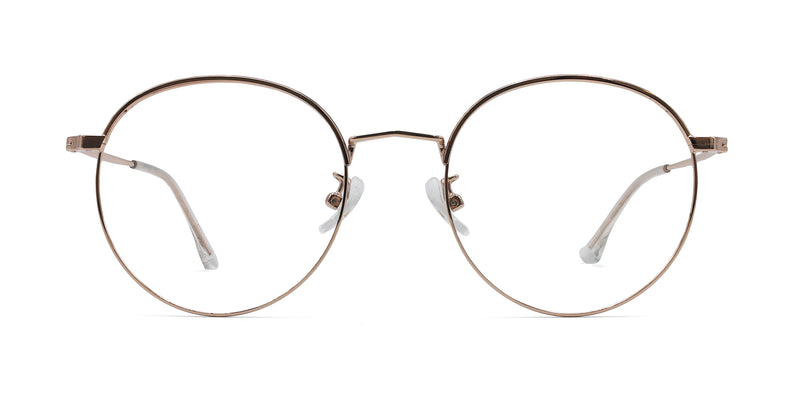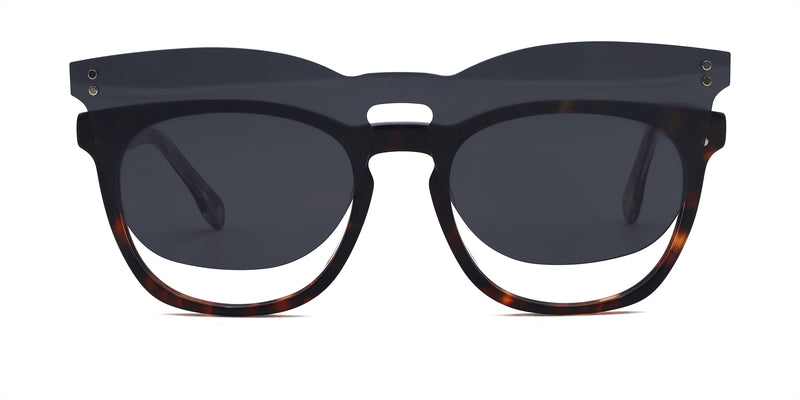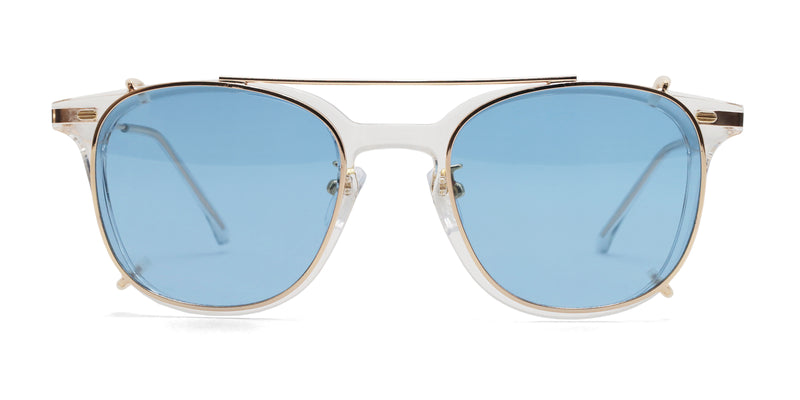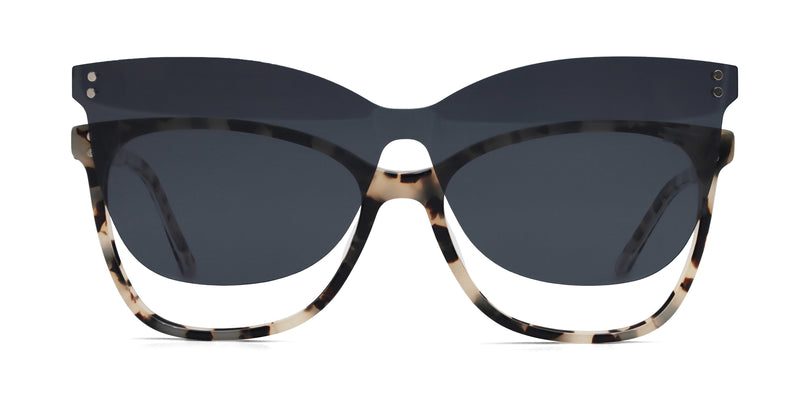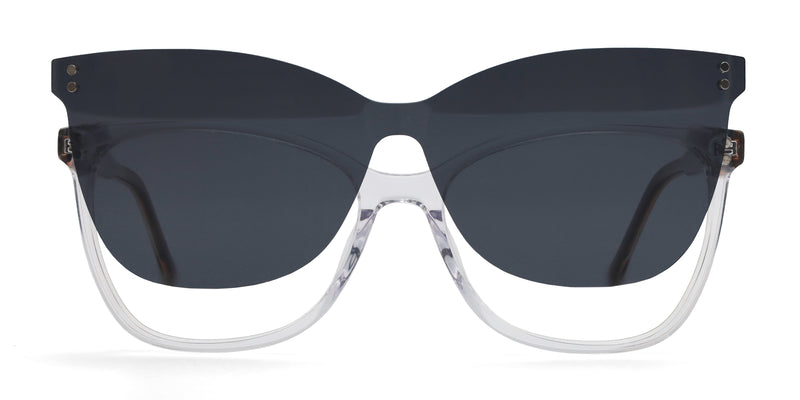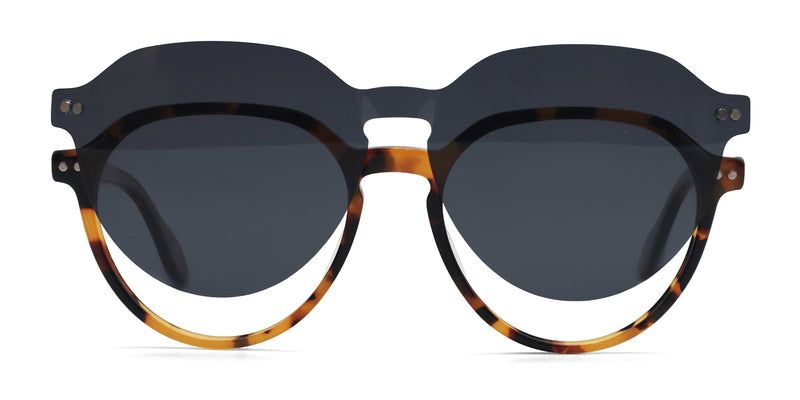Vision and Driving: How Can Glasses Help?
Driving with glasses can pose a challenge, especially to those with new prescriptions. However, many technologies are available today to help combat factors like sun glare, blurry vision, and more.
We’ve got the answers if you need help finding the perfect glasses to help you see better while driving.
In this article, we’ll explore different types of glasses that can improve your vision while on the road and discuss their pros and cons.
Vision requirements in the US for driving
Because vision restrictions for a noncommercial driving license vary across states, understanding the specific requirements for Best Corrected Visual Acuity (BCVA) and visual field degrees in your state is essential.
BCVA measures how clearly a person can see when wearing glasses or contacts. On the other hand, visual field degree refers to the span a person’s eye can see. A human eye normally spans 90 degrees vertically and 120 degrees horizontally. An eye exam can tell you your BCVA and visual field degree.
Your state’s Department of Motor Vehicles (DMV) will have the vision requirements for getting a driver’s license. You can also get state-by-state information from the American Academy of Ophthalmology.
An eye test is necessary to receive or renew a driver’s license. US motorists must have 20/40 vision (or better), natural or corrected, to pass the DMV requirements.
Vision tests by the DMV typically use the Snellen eye chart. Perhaps you’re familiar with this device: it features one large letter at the top and gradually smaller letters beneath each row.
During the test, DMV personnel will ask you to read certain lines of the chart to recognize characters. They determine your eyesight by the smallest row of letters you can read.
Wear your glasses or contact lenses during this part of the test, but only if you usually have to wear them while driving. That’s because they’ll notate that restriction on your license.
Experiencing difficulty while reading an eye chart could lead to further distance vision tests on a specialized testing machine.
A visual field exam is also obligatory to assess potential peripheral or side vision loss in certain states. During this exam, you’ll focus straight ahead and observe lights appearing to the sides of your central field of view.
Also, a brief color blindness test might be necessary. Drivers need to recognize colors on the roads quickly and accurately. Road traffic signals are often color-coded with red, yellow, and green. Any confusion between these colors could result in catastrophic consequences if left unchecked.
After a DMV eye exam, you may get a “corrective lens restriction” stamp on your license. Driving in the US without wearing corrective glasses or contact lenses is illegal if your license has this stamp.
Even with vision in just one eye, you can legally drive a noncommercial vehicle in practically all states with the proper permit.
How to know if you need glasses while driving
In the US, some people may require corrective eyewear while driving. This need mainly stems from various visual impairments, such as astigmatism, night blindness, or farsightedness.
These common eye conditions can hinder a driver’s ability to safely navigate the roads without the proper aid, making corrective glasses vital for many drivers to maintain optimal visual clarity.
Some drivers opt for night driving glasses specifically designed to address their impairments, drivers can better see and react to road hazards and traffic, contributing to safer experiences on the road. That said – the verdict is out on whether night driving glasses truly work.
In some situations, drivers may not need prescription eyewear but would benefit from wearing glasses. For example, the bright sunlight during daytime hours can hinder visibility and cause discomfort, while nighttime driving can pose challenges due to low light and glare from oncoming headlights.
The right pair of glasses can make a difference, ensuring the optimal vision and decreasing the risk of accidents.
Types of driving glasses to consider
The interest in “driving glasses” is growing, despite the absence of a distinct category tailored solely to the activity. However, some eyewear is an exceptional fit for this category of consumers for various reasons.
Prescription glasses
Navigating the road with clarity and confidence is essential for every driver. Prescription glasses ensure that individuals with vision impairments can drive safely and effectively. These drivers must ensure that their eyewear is up-to-date and accurately matches their eye prescription. By wearing the appropriate glasses, drivers protect themselves and contribute to the safety of others on the road.
Every driver should prioritize their visual acuity and adhere to prescribed eyewear guidelines to foster a safer and more responsible driving environment.
Anti-reflective glasses
Driving can often be challenging, especially when glare from the sun or headlights of oncoming vehicles causes discomfort and hinders visibility. Anti-reflective glasses can provide a practical and effective solution to this common issue.
These specially coated glasses enhance visual clarity and reduce eye strain by eliminating glare, ensuring a safer and more comfortable driving experience. So, wearing anti-reflective eyewear for driving ensures a more enjoyable and stress-free journey and contributes to the overall safety of individuals on the road.
Sunglasses
Wearing a suitable pair of sunglasses shields your eyes from the glaring sun, helping to improve your overall visibility and reduce strain. When driving, protecting our eyes from bright sunlight enables us to remain focused on the road, preventing squinting and eye fatigue that could lead to potentially dangerous situations.
Sunglasses can also greatly enhance your driving experience by providing much-needed eye protection from harmful ultraviolet rays that can cause long-term damage to your vision.
Another benefit is that sunglasses can help you make a fashion statement on the road. With so many popular styles and looks to mimic, you can be a different movie star every day.
Polarized sunglasses
Driving with the sun’s glaring rays bouncing off the road can be both a nuisance and a safety hazard. Thankfully, polarized sunglasses come to the rescue. This simple yet effective accessory can aid in combating potentially hazardous situations such as blinding reflections from other vehicles or wet road surfaces.
Specially designed polarized lenses can filter out horizontal light waves, thus minimizing glare and enhancing optical comfort. In short, incorporating polarized sunglasses into your driving routine can promote comfort and safety, allowing you to tackle the open road confidently.
Driving with glasses is a must for those who need them
Driving with glasses is not a trend or style choice: it’s a safety measure when your vision isn’t up to driving standards. Unfortunately, many people continue to drive without glasses even when their vision requires them, putting themselves and other drivers at risk.
If you’re having difficulty seeing during the night or making out signage while driving, visit an ophthalmologist for your options. Letting them help you find the specs tailored to your needs can make a huge difference in how comfortable and safe you are while behind the wheel.
For more tips on improving your overall vision health and finding eyewear that suits you best, check out Mouqy’s blog.

Written by:
Phoebe Jade

